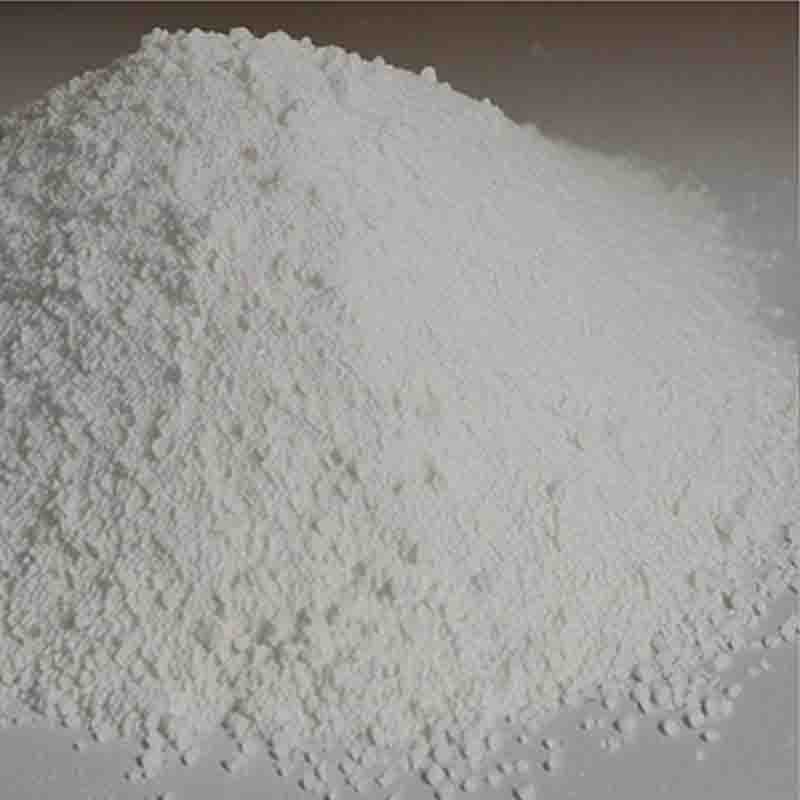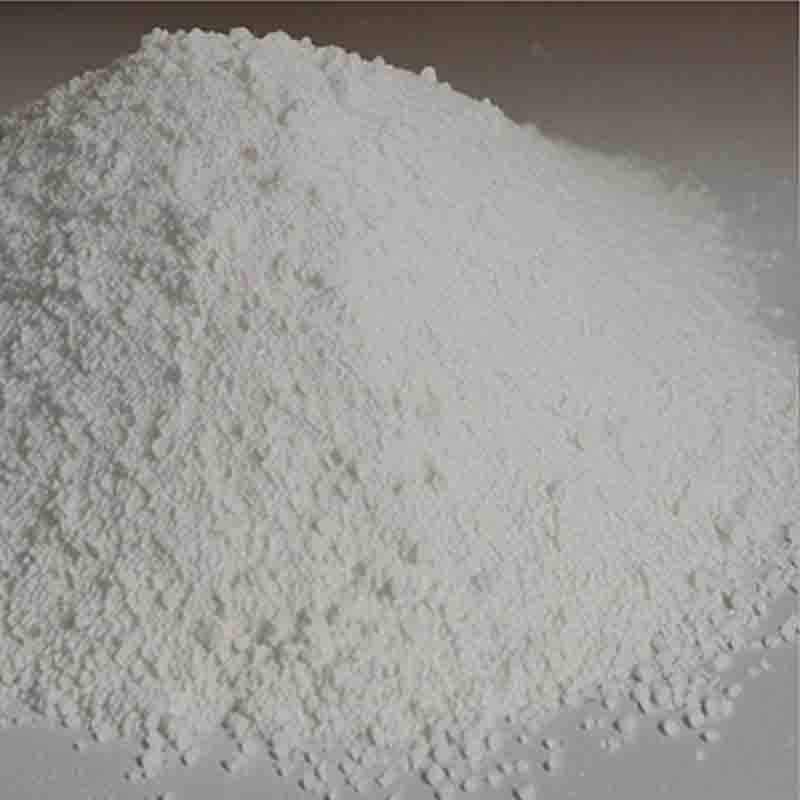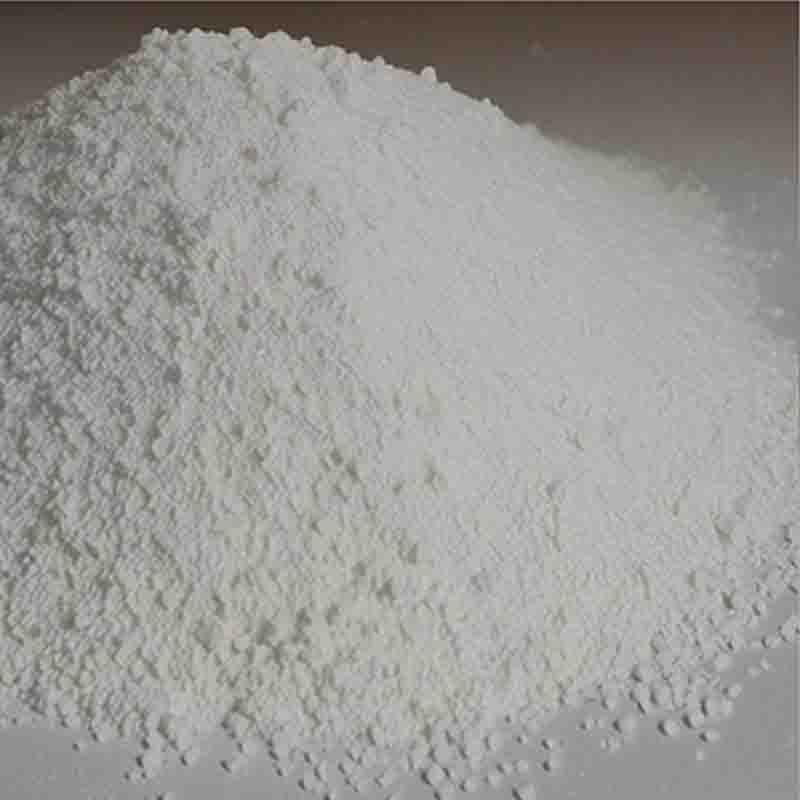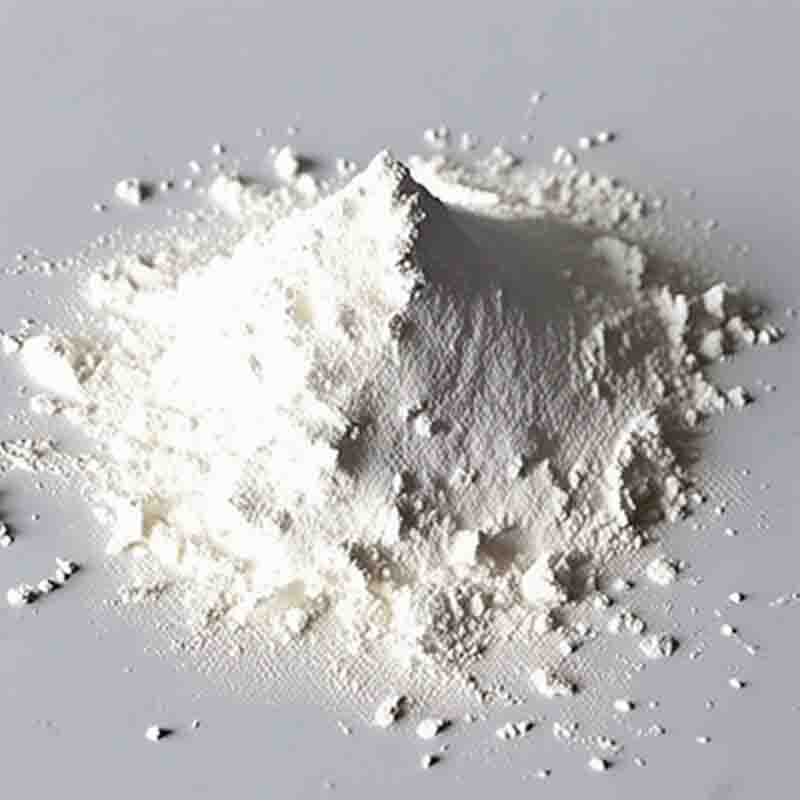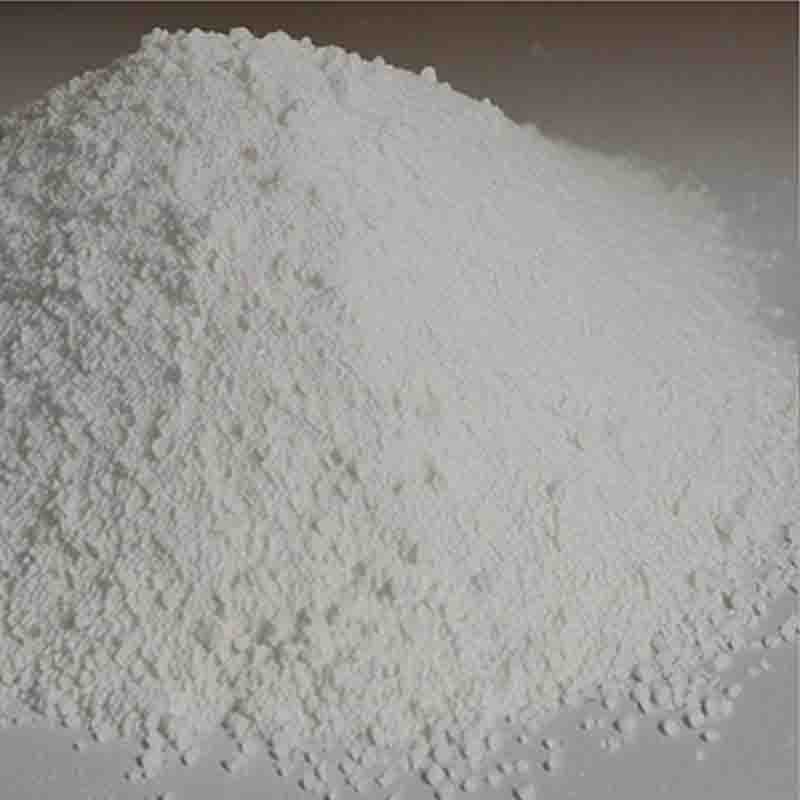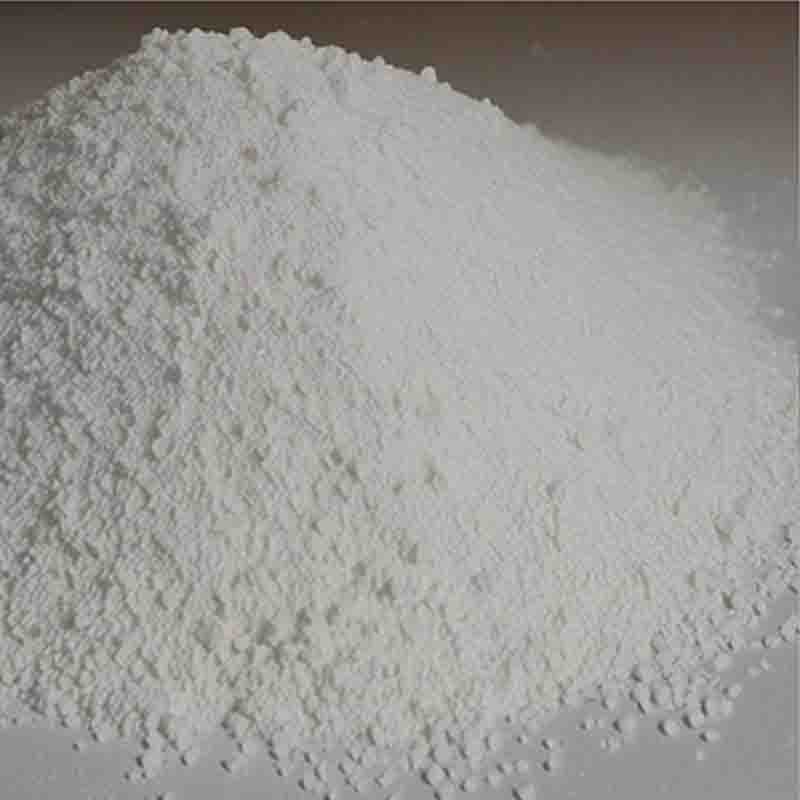N-((N-methyl-N-((2-isopropyl-4-thiazolyl)methyl)amino)carbonyl)-L-valine, Lithium CAS: 201409-23-6
| Catalog Number | XD93755 |
| Product Name | N-((N-methyl-N-((2-isopropyl-4-thiazolyl)methyl)amino)carbonyl)-L-valine, Lithium |
| CAS | 201409-23-6 |
| Molecular Formula | C14H24LiN3O3S |
| Molecular Weight | 321.36 |
| Storage Details | Ambient |
Product Specification
| Appearance | White powder |
| Assay | 99% min |
N-((N-methyl-N-((2-isopropyl-4-thiazolyl)methyl)amino)carbonyl)-L-valine, lithium (MTV-III) is a chemical compound that has been of interest in the field of medicinal chemistry and drug development. This compound is a combination of MTV-III with a lithium salt and exhibits unique properties and potential applications.One key area of research involving MTV-III, lithium is its role as a mood stabilizer. Lithium compounds have long been used to treat bipolar disorder, a mental health condition characterized by extreme mood swings. The addition of MTV-III to lithium enhances its therapeutic effects, potentially improving the management of bipolar symptoms. Researchers are working to elucidate the mechanistic aspects of MTV-III, lithium in stabilizing mood and its impact on neurotransmitter systems in the brain.Furthermore, MTV-III, lithium has shown promise as an anti-inflammatory agent. Inflammation plays a crucial role in various diseases, including autoimmune disorders. By inhibiting certain enzymes involved in the inflammatory process, MTV-III, lithium can potentially reduce inflammation and provide therapeutic benefits. Research efforts are underway to explore the anti-inflammatory properties of MTV-III, lithium and investigate its potential use in treating conditions like rheumatoid arthritis or inflammatory bowel disease.Another area where MTV-III, lithium holds potential is in neuroprotection. Neurodegenerative diseases, such as Alzheimer's or Parkinson's, involve the loss of neurons in the brain. MTV-III, lithium has been investigated for its ability to protect neuronal cells from damage and promote their survival. The compound's unique structure allows it to interact with specific targets involved in neurodegeneration pathways, offering the possibility of developing treatments that slow down or halt disease progression.In addition, MTV-III, lithium has shown activity against cancer cells. Studies have demonstrated its ability to inhibit specific enzymes or pathways that are critical for cancer cell growth and survival. The compound's potential as an anti-cancer agent is being actively researched, and further studies are needed to determine its efficacy and mechanisms of action against different types of cancer.Overall, N-((N-methyl-N-((2-isopropyl-4-thiazolyl)methyl)amino)carbonyl)-L-valine, lithium (MTV-III, lithium) is a compound with diverse potential applications in medicine. Its combination with lithium enhances its therapeutic effects as a mood stabilizer. Additionally, MTV-III,




